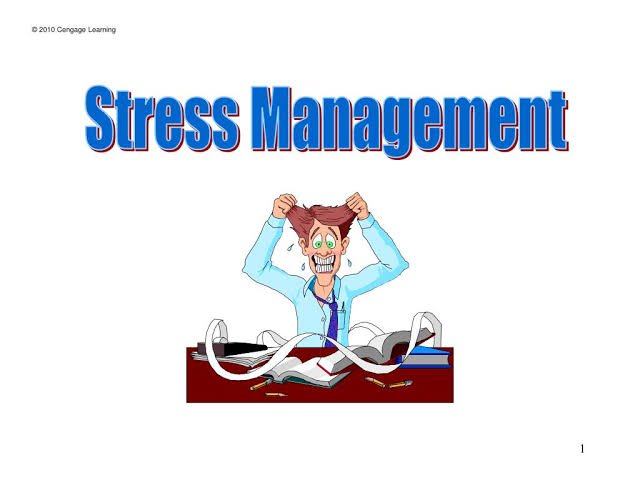STRESS MANAGEMENT.
Greetings!
Stress is a natural part of life. It's a response that our bodies have to situations that we perceive as dangerous or challenging. In small doses, stress can be beneficial, as it can help us stay alert and focused. However, when stress becomes chronic or overwhelming, it can take a toll on our physical and mental health. In this blog post, we'll explore some effective strategies for managing stress and promoting well-being.
Stress is an inevitable part of life, and it can have a significant impact on our decision-making abilities. When we are under stress, we tend to make decisions that are not always in our best interest. This is especially true when it comes to financial decisions. Financial stress can affect us in many ways, including our ability to manage our finances, make sound investment decisions, and plan for the future. In this blog post, we will explore the relationship between stress management and financial decision making and offer some tips for managing stress to make better financial decisions.
The Impact of Stress on Financial Decision Making.
Stress can have a significant impact on our financial decision-making abilities. When we are stressed, we tend to make decisions based on emotion rather than logic. This can lead to impulsive or irrational financial decisions that may have negative long-term consequences.
For example, when we are stressed, we may be more likely to overspend, take on too much debt, or make impulsive purchases. We may also be less likely to save money, invest wisely, or plan for the future. Additionally, stress can affect our ability to focus and make sound financial decisions, leading to mistakes and missed opportunities.
Stress can also impact our physical and mental health, which can further affect our financial decisions. For example, if we are struggling with health issues or mental health concerns, we may be more likely to make impulsive or irrational financial decisions as we try to cope with our stressors.
Managing Stress to Make Better Financial Decisions.
Fortunately, there are several strategies we can use to manage stress and make better financial decisions. Here are a few tips to consider:
Identify Your Stress Triggers.
The first step in managing stress is to identify what triggers your stress. This may include financial concerns such as debt, job loss, or unexpected expenses, as well as non-financial stressors such as relationship issues, health concerns, or work-related stress. By identifying your stress triggers, you can work to manage them more effectively.
Practice Stress-Reduction Techniques.
There are many techniques you can use to reduce stress, including meditation, yoga, exercise, and deep breathing exercises. These techniques can help you relax and reduce stress, making it easier to make sound financial decisions. Choose what works for you in coming out of stress.
Set Realistic Financial Goals and stick to it.
Setting realistic financial goals can help you stay motivated and focused on your financial objectives. When setting your goals, be sure to consider your current financial situation and your long-term objectives. Setting unrealistic goals can lead to frustration and stress, making it harder to make sound financial decisions.You can create a budget to get to your goals.
Creating a budget is an essential tool for managing your finances and reducing financial stress. A budget helps you track your expenses and income, so you can identify areas where you can cut back and save money. By sticking to your budget, you can reduce your financial stress and make more informed financial decisions.
Take Time to Relax.
Finally, it is essential to take time to relax and recharge. Make time for activities that you enjoy, such as spending time with family and friends, reading, or pursuing a hobby. By taking time to relax, you can reduce your stress and make better financial decisions.
 source
source
Conclusion.
Managing stress is essential for making sound financial decisions. By identifying your stress triggers, creating a budget, seeking professional help, practicing stress-reduction techniques, setting realistic financial goals, and taking time to relax, you can reduce your financial stress and make more informed financial decisions.
THANKS FOR YOUR TIME!
Posted Using LeoFinance Beta

There is reasonable evidence that this article is machine-generated. Posting such content is considered fraud.
Fraud is discouraged by the community and may result in the account being Blacklisted.
Guide: Why and How People Abuse and Defraud
If you believe this comment is in error, please contact us in #appeals in Discord.